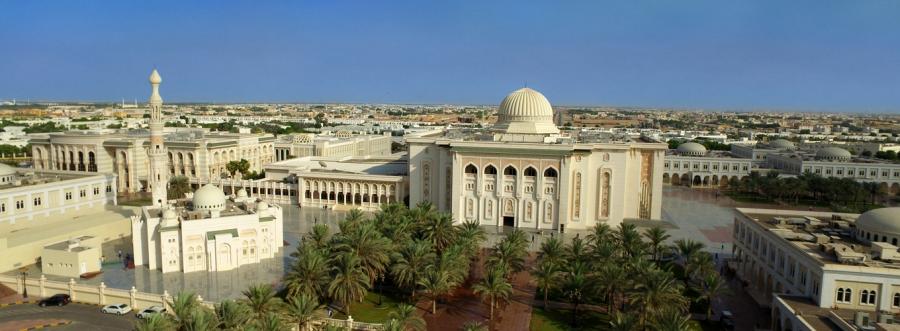- About
- Admissions
- Study at AUS
- Prospective Students
- Bachelor's Degrees
- Master's Degrees
- Doctoral Degrees
- Admission Publications
- International Students
- Contact Admissions
- Grants and Scholarships
- Sponsorship Liaison Services
- Testing Center
- New Undergraduate Student Guide
- New Graduate Student Guide
- File Completion
- New Student Orientation
- Payment Guide
- Executive Education
- Students with Disabilities
- Academics
- Life at AUS
- Research
- Contact Us
- Apply Now
- .

Subjectivity and Spatiality in Indus Urban Forms: Mohenjo-Daro, the Body, and the Domestication of Waste (March 2014)
Dr. Uzma Rizvi, Assistant Professor of Anthropology and Urban Studies at Pratt Institute of Art and Design, Brooklyn, will the deliver the presentation.
This talk investigates the constructions of self and subjectivity within an urban space. Through a focus on the body and spatiality, specifically in relation to forms of urban planning, architecture and urban engineering, this study provides a step towards new interpretative frameworks with which to understand populations of Indus cities during the third millennium BC. The primary forms of archaeological data utilized are the waste management and drainage systems of the city of Mohenjo-Daro. The link between the body and its waste are only significant to any discussion of power if there is a clear articulation of the disciplining of space and body. This is based upon the recognition that the most basic form of life, the concept of the lived body, shifts from an understanding of biology that creates waste, to a social body that lives within a particular context constituting self that is governed in the production of waste through space, seclusion, and the act of covering articulated in the urban form. In order to concretely discuss these potentials and identify constructions of subjectivity in the Indus, the site of Mohenjo-Daro is presented as a case study.
For more information, please contact [email protected].

